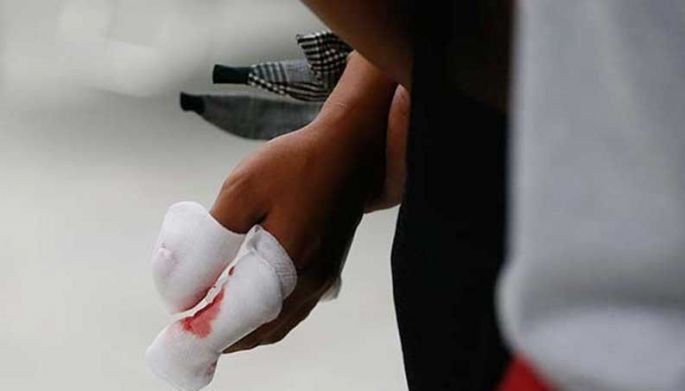RP press freedom ranking improves
BAGUIO CITY , Philippines – The Philippines’ ranking in the World Press Freedom Index of Reporters sans Frontiers (Reporters Without Borders) has improved from last year’s 139th place to 122nd this year.
In 2007, the Philippines ranked 128th, and 143rd in 2006.
Vincent Brossel, Reporters sans Frontiers (RSF) Asia Pacific Desk coordinator, said authoritarianism has prevented the progress of press freedom in “much of Asia.”
In Thailand, the endless clashes between “yellow shirts” and “red shirts” had a very negative impact on the press’ ability to work, he added.
As a result, that country is now listed 130th, Brossel said.
Released Oct. 20, the World Press Freedom Ranking said political power grabs dealt press freedom a great disservice again this year.
“A military coup caused Fiji (152nd) to fall 73 places. Soldiers moved into Fijian newsrooms for several weeks and censored articles before they were published, while foreign journalists were deported,” RSF said.
In RSF’s ranking, “authoritarianism governments” in Sri Lanka (162nd) and Malaysia (131st) have prevented journalists from properly covering sensitive subjects like corruption and human rights abuses.
“War and terrorism wrought havoc and exposed journalists to great danger,” RSF said.
“Afghanistan (149th) is sapped not only by Taliban violence and death threats, but also by unjustified arrests by the security forces.
“Despite having dynamic news media, Pakistan (159th) is crippled by murders of journalists and the aggressiveness of both the Taliban and sectors of the military.
“ It shared (with Somalia) the world record for journalists killed during the period under review.”
RSF said Asian countries that least respected press freedom were North Korea, Burma, and Laos.
“The media in China (168th) are evolving rapidly along with the rest of the country, but it continues to have a very poor ranking because of the frequency of imprisonment, especially in Tibet, Internet censorship and the nepotism of the central and provincial authorities,” RSF said.
“In Vietnam (166th), the ruling Communist Party targets journalists, bloggers and press freedom activists over what they write about its concessions to China.”
On the other hand, Maldives (51st) climbed 53 places due to democratic transition, while Bhutan (70th) rose another four places, Brossel said.
The Press Freedom Ranking also cited Asia’s few democracies getting well placed rankings.
New Zealand (13th), Australia (16th) and Japan (17th) are all in the top 20.
Respect for press freedom and the lack of targeted violence against journalists enable these three countries to be regional leaders.
South Korea (69th) and Taiwan (59th) fell far this year.
South Korea plummeted 22 places because of the arrests of several journalists and bloggers and the conservative government’s attempts to control critical media.
The new ruling party in Taiwan tried to interfere in state and privately owned media while violence by certain activists further undermined press freedom.
Two Asian countries were included in the index for the first time: Papua New Guinea (56th), which obtained a very respectable ranking for a developing country, and Brunei (155th), which came in the bottom third because of the absence of an independent press.
- Latest
- Trending






























